Breast augmentation is the number one cosmetic surgery in America. According to the American Society of Plastic Surgeons , over 300,000 women got breast enhancements in 2018. While many women are thrilled with their decision to get a breast augmentation and do not have any problems, more and more women are reporting illnesses or negative side effects that they feel may be associated with their breast implants. The Consumer Guide to Plastic Surgery states that recently nearly 40,000 women every year get their breast implants removed. While the reasons for getting implants removed are extremely varied, some women are choosing to have this operation because of so-called breast implant illness.

Courtesy of Pixabay.com -Sharon McCutcheon
Symptoms Associated with Breast Implant Illnesses
Some breast implant illness symptoms can be difficult to directly relate to implants that show no signs of damage. On the other hand, some women feel that implants that are showing signs of complications may explain some of the reactions that they are facing. A long list of symptoms can include:
- chest pain
- rash
- mental fog and memory loss
- joint pain
- weak or sore muscles
- fever and chills
- depression
- shortness of breath
- heart palpitations
- Inflammation
- mood swings
- tingling or numb extremities
- insomnia
- dry eyes
- sensitivity to light and sound
- hair loss
While implants have changed over the decades, the two most common types of breast implants are silicon or saline. Breast implants may contain chemicals that could leach into the body and affect the immune and endocrine systems. Infections from breast implants can lead to serious health concerns. The symptoms from an infection would be very obvious and are much easier to diagnose than most of the other symptoms listed above.
Autoimmune Deficiency in Relationship to Breast Implants
Autoimmune disease occurs in individuals whose immune system fails to identify harmful cells versus healthy cells. Essentially, the body is attacking itself. A healthy individual who has no signs of autoimmune disorder could, under the right conditions, develop or trigger an autoimmune disease because a foreign object has been implanted in the body.
Women who have autoimmune disorders and whose autoimmune symptoms worsen after getting breast augmentation are more likely to think that their breast implants may be the cause of their worsening symptoms. While there is no way to clearly demonstrate this connection at this time, having the breast implants in their bodies in the face of worsening symptoms can lead women to worry and wonder if the implants are contributing to their problems or not. Because of an increase in the number of women that are having their breast implants removed due to autoimmune disorders, women who are diagnosed with autoimmune deficiencies before getting breast implants may now be less likely to undergo breast augmentation.
If you are considering getting a breast augmentation, consult your physician and plastic surgeon about your existing health and family medical history before you pursue this elective surgery. If you already have breast implants and are experiencing autoimmune disorders or any of the symptoms mentioned above, contact your plastic surgeon to see if you should undergo breast implant removal.
Breast Implant Complications That Can Lead To Illness
Some women who have undergone breast augmentation have complications with implant materials, silicone or saline, leaking into the body. Implants can leak or rupture and result in hardening or softening of the breast as well as tingling, numbness, burning, and redness in the chest. The shape of the breast can become distorted and will likely require surgery to correct. Most women who have their breast implants removed get new implants to replace their old or faulty ones. Women who are experiencing significant health problems and who worry that their implants may be contributing to their health issues often opt to have their implants removed and not replaced.
Mold, bacteria, and yeast are other concerns many women feel can be present on breast implants. The growth and development of bacteria, yeast, or mold could account for many of the breast implant-related illness symptoms such as itching, rash, headaches, pain, and swelling. Because the implants are inserted and reside in a warm, moist environment, many feel that microorganisms can grow on or in the implants. However, the human body is sterile on the inside and by definition, any growth of a foreign microorganism would be considered an acute infection and would make the person severely sick. A well-trained plastic surgeon would be able to diagnose this type of infection easily and clearly. Treatment would likely require removal of the infected breast implant and administration of antibiotics.
Should I Get My Implants Removed?
While the causes for breast implant removal surgery are varied, many women claim complications and illness as the reason for such an operation. The surgery is usually a low-risk procedure and can be completed in about an hour. Performed under sedation or general anesthesia, breast implant removal is an outpatient surgery.
Will Breast Implant Removal Be Covered By My Insurance?
Generally, breast augmentation is not covered by an insurance policy, but the removal of breast implants can potentially be covered if they are being removed for medical reasons. The cost of getting breast implants can be anywhere between $7000 and $10,000, and the Consumer Guide to Plastic Surgery notes that breast implant removal can cost in the $4,000 to $8,000 range depending on your geographic location and skill level of your surgeon. If the patient is experiencing illness such as infection, shortness of breath, loss of feeling in limbs, or autoimmune disorders related to an implant, faulty or not, check with your insurance company to see if your procedure can be covered as part of your policy. If the patient has breast cancer and needs to have the implants removed as part of cancer management, insurance companies often include this as medically necessary for the treatment process. In the end, it is often difficult to definitively prove that your breast implants are causing your symptoms. The best way to determine if your insurance will cover your surgery to call them and speak to one of their medical representatives.
Contact A Certified Plastic Surgeon
If you are experiencing health concerns and are worried that your breast implants may be contributing, you should consult a plastic surgeon. Document all ailments that may or may not be associated with your breast implant-related illness. Many women who have been diagnosed with breast implant illnesses reported a significant increase in health after having their implants removed. The sooner you seek help the sooner you may feel better. Explore our resources on breast augmentation and implants, and breast implant revision and removal for comprehensive information on these procedures. For expert guidance, schedule a consultation with board-certified plastic surgeon, Dr. Ganchi, today.
